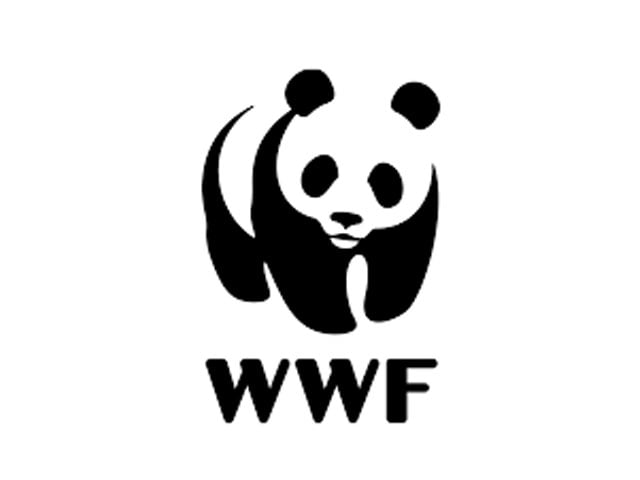Lahore: WWF has emphasized the need for an urgent and concrete strategy to combat climate change.
WWF International President Dr. Adil Najam and WWF Pakistan Director Hamad Naqi said in a press conference in Lahore that Pakistan is included in the list of 10 countries affected by climate change. Heatwaves, forest fires, droughts and unpredictable rains are the result of climate change. There is an urgent need for concrete measures regarding climate change, Pakistan is becoming a more vulnerable country due to the effects of climate change.
Dr. Adil Najam, head of WWF, while mentioning the possible opportunities for Pakistan in the global challenge on global climate action, said that Pakistan is among the ten countries that are heavily affected by climate change. Pakistan has the capacity to deal with climate change and needs concerted efforts to turn these challenges into solutions.
WWF Pakistan Director Hamad Naqi Khan said that last year’s flood of 2022 is the clearest and biggest example of what will always be remembered as a climate crisis. Government institutions, civil society and business organizations must come together on the same page to deal with extreme weather conditions in Pakistan.
He also said that through the efforts of WWF and the recently approved Recharge Pakistan project, we can move Pakistan towards a green and sustainable future. Pakistan has made a very excellent policy to combat climate change and reduce its negative effects, but unfortunately the government does not follow its own policies, if only one clause of this policy is followed, 80% of climate change will occur. Percentage of adverse effects can be prevented.
(function(d, s, id){
var js, fjs = d.getElementsByTagName(s)[0];
if (d.getElementById(id)) {return;}
js = d.createElement(s); js.id = id;
js.src = “//connect.facebook.net/en_US/sdk.js#xfbml=1&version=v2.3&appId=770767426360150”;
fjs.parentNode.insertBefore(js, fjs);
}(document, ‘script’, ‘facebook-jssdk’));
(function(d, s, id) {
var js, fjs = d.getElementsByTagName(s)[0];
if (d.getElementById(id)) return;
js = d.createElement(s); js.id = id;
js.src = “//connect.facebook.net/en_GB/sdk.js#xfbml=1&version=v2.7”;
fjs.parentNode.insertBefore(js, fjs);
}(document, ‘script’, ‘facebook-jssdk’));



